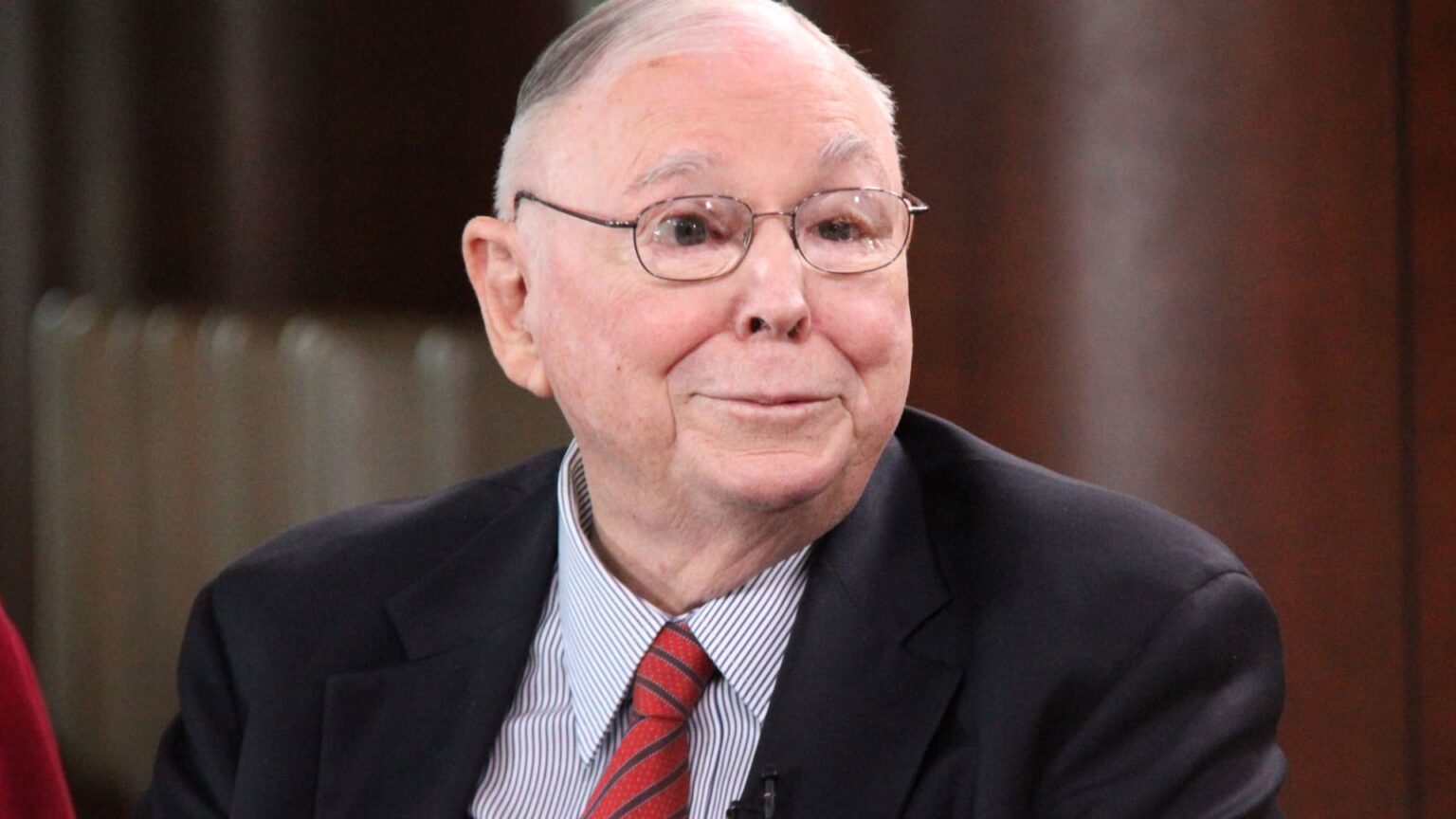Charlie Munger, who died at age 99 last week, attributed his success and longevity at least partially to a single piece of advice: “Avoid crazy at all costs.”
That’s what he told CNBC’s Becky Quick last month, in an interview meant to air on his 100th birthday in January.
Munger was known as the longtime business partner and friend of fellow billionaire Warren Buffett, whom he worked with for nearly 45 years. The partnership proved successful for both: Munger’s net worth was most recently estimated at $2.3 billion, according to Forbes. The 93-year-old Buffett boasts an estimated net worth of $120 billion, making him the seventh-wealthiest person in the world.
When pressed for his keys to a long and successful life, Munger at first demurred, saying “I don’t know the secret.” Then, he added that he’d avoided major catastrophes in his life because he was “so cautious,” always avoiding obvious risks in his personal life and career.
“Crazy is way more common than you think,” said Munger. “It’s easy to slip into crazy. Just avoid it, avoid it, avoid it.”
What exactly constituted “crazy,” in Munger’s estimation? “My partner Charlie says there is only three ways a smart person can go broke: liquor, ladies and leverage,” Buffett told CNBC’s “Squawk Box” in 2018.
By leverage, Buffett was referring to the strategy of borrowing money to invest in stocks or buy another business. Berkshire Hathaway — Buffett’s investment holding company, where Munger served for decades as vice chairman — would “easily be worth twice what it is now” if the pair had used the strategy, rather than simply reinvesting its past earnings, Munger told Quick.
But it would have been risky — and while Munger and Buffett could absorb significant losses without a sweat, Berkshire’s smaller shareholders weren’t so lucky, said Munger. The duo intentionally decided to protect their cohorts by running Berkshire in a “very cautious” fashion, favoring long-term investments over short-term gambles, he added.
As far as other definitions of “crazy,” Munger clarified his general stance on personal vices: If it can “take that many fine people into deep trouble,” stay away from it. That included smoking and drinking to the point of alcoholism, he said — noting a prevalence of alcoholics and “near alcoholics” in his own family.
“My game in life was always to avoid all standard ways of failing,” said Munger. “You teach me the wrong way to play poker and I will avoid it. You teach me the wrong way to do something else, I will avoid it. And, of course, I’ve avoided a lot, because I’m so cautious.”
Two minor vices he could never give up, he acknowledged: peanut brittle and Diet Coke.
“I’m sure Diet Coke shortens my life a little,” he said. “But I don’t give a damn.”
DON’T MISS: Want to be smarter and more successful with your money, work & life? Sign up for our new newsletter!
Get CNBC’s free Warren Buffett Guide to Investing, which distills the billionaire’s No. 1 best piece of advice for regular investors, do’s and don’ts, and three key investing principles into a clear and simple guidebook.
Read the full article here

